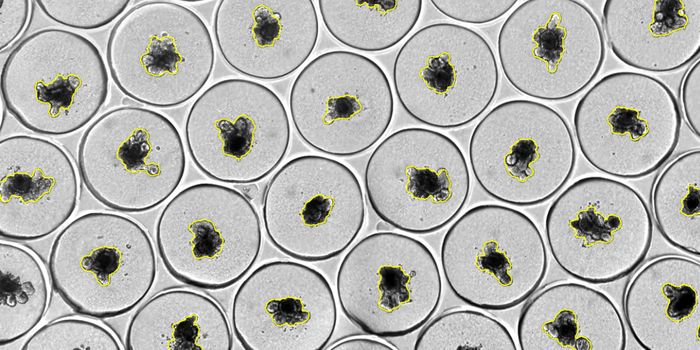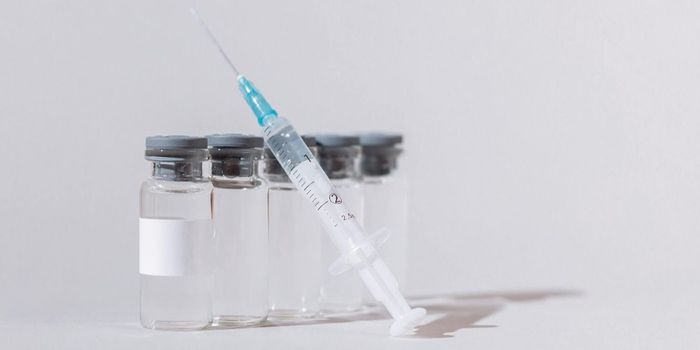Chip Detects Cancer Metastasis in Blood
Unlike some liquid biopsies that look for remnants of free-floating cancer DNA in the blood, scientists have designed a way to capture whole cancer cells. When cancer spreads from its origin to other parts of the body, they mainly use the bloodstream for transport. Thus, this device can give doctors an indication if a cancer is on the road to metastasis, hopefully before secondary tumors have formed.
Liquid biopsies have recently become the new platform for noninvasive and accurate monitoring of cancer progression. A team at the Worcester Polytechnic Institute have expanded on the concept, using carbon nanotubes and antibodies to achieve highly sensitive and efficient diagnosis of cancer metastasis.
"The focus on capturing circulating tumor cells is quite new," said Balaji Panchapakesan, associate professor at Worcester Polytechnic Institute (WPI), and the study’s senior author. "It is a very difficult challenge, not unlike looking for a needle in a haystack. There are billions of red blood cells, tens of thousands of white blood cells, and, perhaps, only a small number of tumor cells floating among them. We've shown how those cells can be captured with high precision."
Indeed, the device is composed of an array of carbon nanotubes. These are lined with different antibodies that recognize a variety of cancer types. A small blood sample is deposited to the nanotubes where cancer cells, if present, will bind to the antibodies. And because the nanotubes act as semiconductors, the positive interaction will be registered as electrical signatures, which are quick to be detected.
Unlike conventional liquid biopsy devices that rely on microfluidics to detect passing cancer cells, the team say their chip device is much more efficient and accurate. For example, they report an efficiency of 62 to 100 percent for just 0.3 fluid ounces (0.85 milliliter) of blood. Furthermore, because the wells are stationary, any positive hits can be validated by follow-up pathology work.
The device also has the added capability of binding exosomes - organelles that also serve as biomarkers for invading cancer. "These highly elusive 3-nanometer structures are too small to be captured with other types of liquid biopsy devices, such as microfluidics, due to shear forces that can potentially destroy them," said Panchapakesan. "Our chip is currently the only device that can potentially capture circulating tumor cells and exosomes directly on the chip, which should increase its ability to detect metastasis. This can be important because emerging evidence suggests that tiny proteins excreted with exosomes can drive reactions that may become major barriers to effective cancer drug delivery and treatment."
Panchapakesan hopes further testing of the device will enable its use in clinical settings for routine cancer screening. The idea is to detect the cancer at its earliest stage to enable more complete treatment.
"Imagine going to the doctor for your yearly physical," he said. "You have blood drawn and that one blood sample can be tested for a comprehensive array of cancer cell markers. Cancers would be caught at their earliest stage and other stages of development, and doctors would have the necessary protein or genetic information from these captured cells to customize your treatment based on the specific markers for your cancer. This would really be a way to put your health in your own hands."
Additional sources: Worcester Polytechnic Institute









